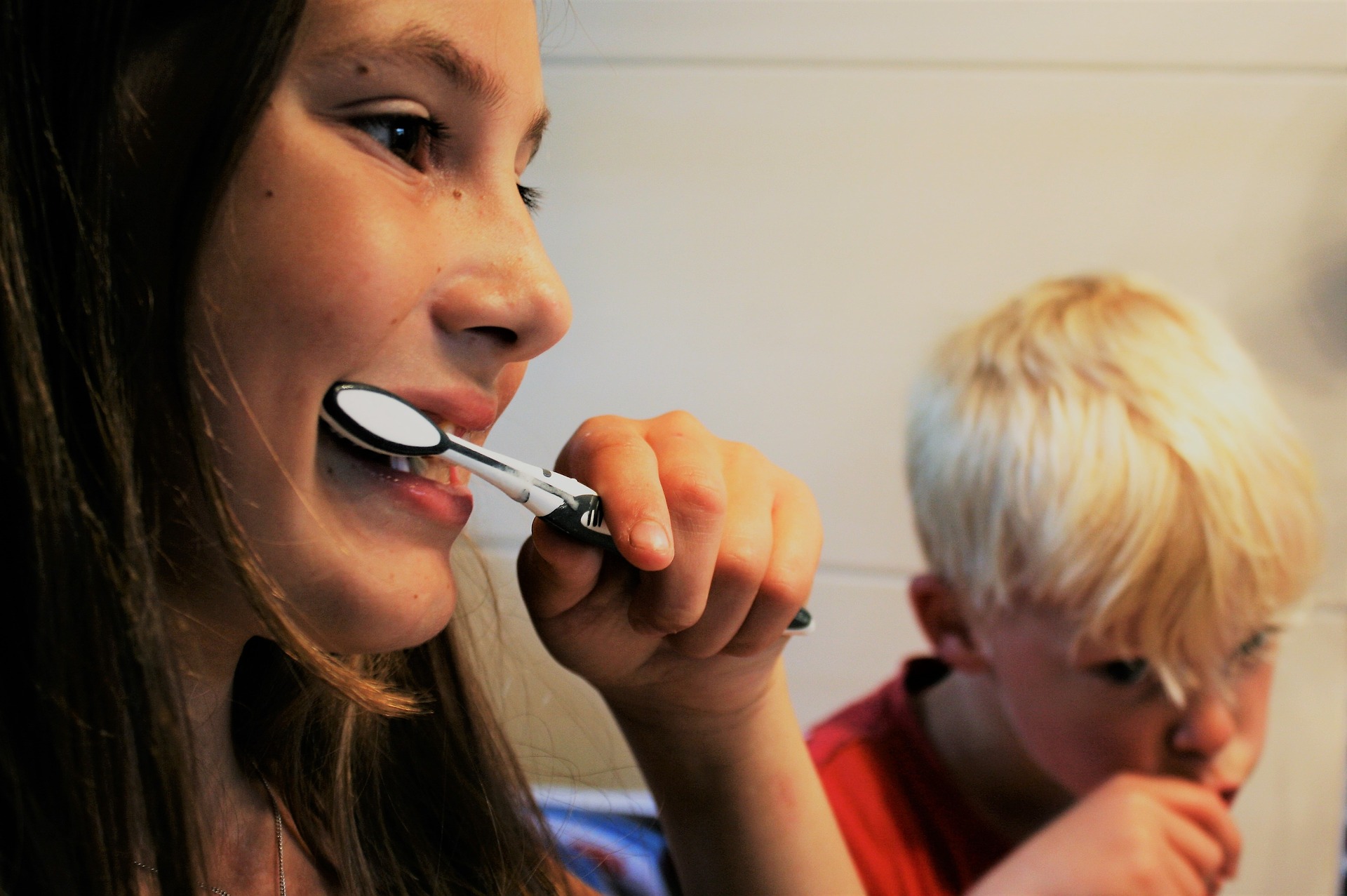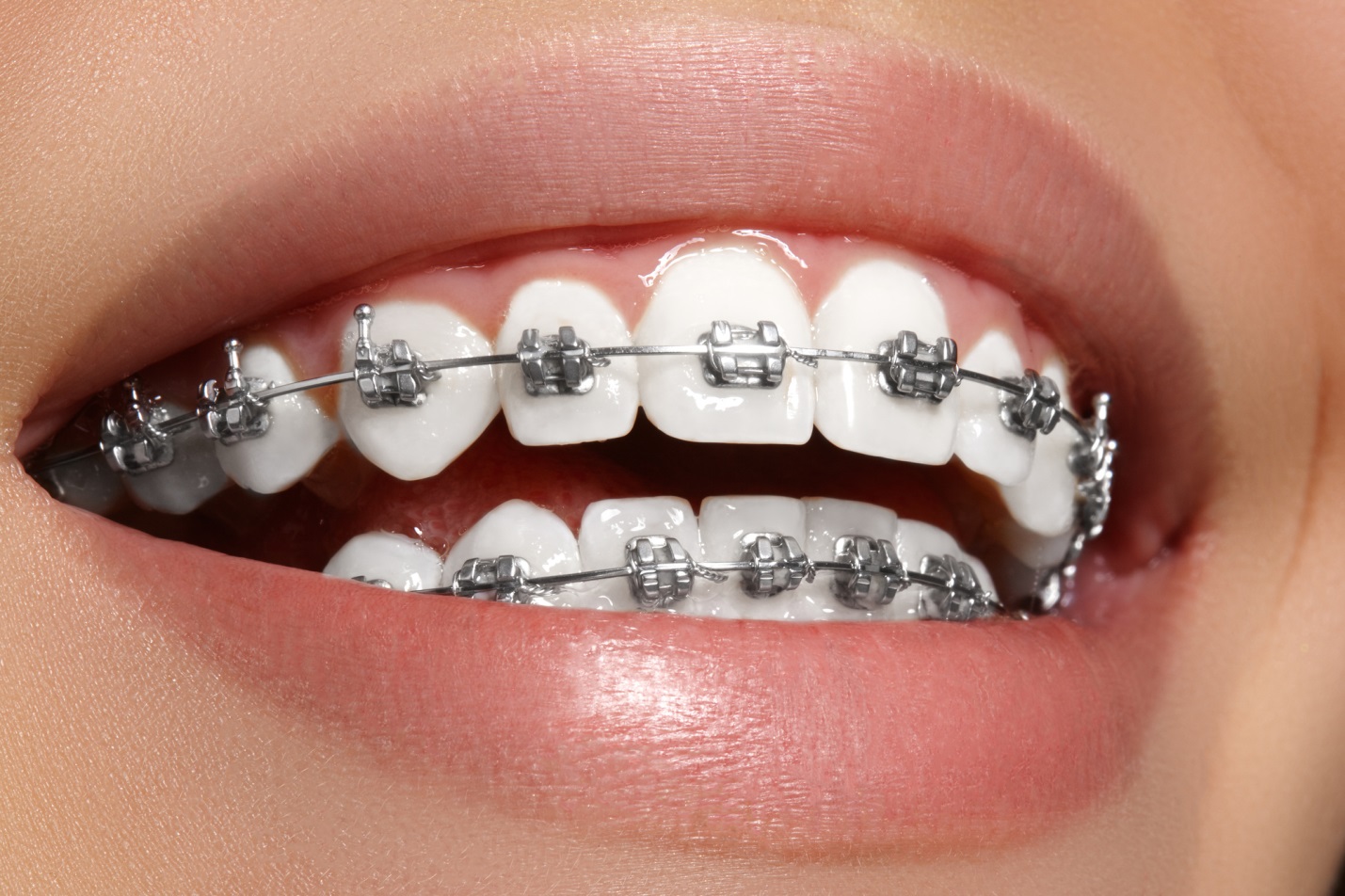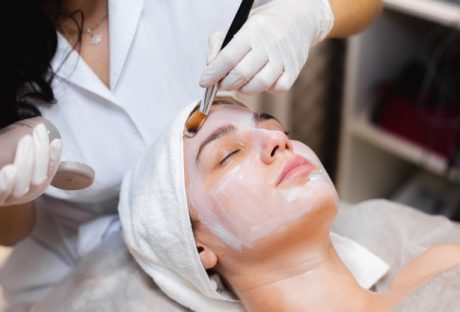Approximately 27 percent of adults have untreated tooth decay. Nearly half of those over the age of 30 show signs of gum disease. According to a study, older adults with dementia have worse oral health. In general, Alzheimer’s disease patients have a higher occurrence of periodontal problems.
Clearly, we need to do a lot more to take care of our smiles.
The problem is, many adults think that if they simply brush their teeth twice a day and floss once, then they’ve done their job. While these two things are certainly very important, there is more to good oral hygiene than just a simple brush and floss.
So, what exactly do you need to do to take care of your teeth and mouth?
Here are some essential dental care tips you need to know.
1. Brush More:
Many people think that brushing twice a day is enough to have clean teeth. The problem is that we don’t spend enough time brushing our teeth during each session.
The average person spends about 30 seconds to a minute brushing their teeth. Experts recommend dedicating at least two minutes to this task as it helps remove more plaque.
In fact, a study has found that brushing the teeth for two minutes removed 26 percent more plaque than brushing for 45 seconds. Furthermore, doing it for three minutes removed 55 percent more plaque than brushing for just 30 seconds.
If you have trouble figuring out how long you’ve brushed or if two minutes feels like an eternity to you, try listening to a song or watching a short Youtube video while you do it. Those two minutes will fly by, and your teeth will be plaque-free.
2. Floss and Do It the Right Way:
While nearly everyone brushes their teeth on a daily basis, only 40 percent of Americans floss every day and 20 percent don’t floss at all.
Even though flossing is just as important as brushing, for some reason, it’s taken a back seat.
Flossing does a lot more than just remove that big piece of spinach you got stuck in your teeth while eating dinner. It helps:
- Remove and prevent dental plaque
- Prevent gum disease
- Increases the effectiveness of brushing
- Reduces inflammation in your gums
Of course, you also need to make sure you’re flossing the right way.
Use a piece of floss that is at least 18 inches long. This will help ensure you’re using a fresh piece of floss for every tooth rather than reinserting bacteria you just removed.
If you struggle to get to each space in between your teeth, consider buying disposable floss picks or investing in a Waterpik.
3. Clean and Change Your Toothbrush:
Contrary to popular belief, it’s no need to cover your brush after using it. In fact, this may actually cause new bacteria to breed.
Instead, simply rinse your toothbrush after using it and allow it to air dry. Also, never share your toothbrush with anyone, even family members.
Remember to change out your toothbrush (or brush head if you use an electric toothbrush) every few months or so. Using it for more than a few months won’t allow you to get the best clean as possible.
4. Use the Right Brushing Technique:
Most people tend to brush their teeth in a back and forth horizontal motion.
However, this brushing technique will not give you the best clean. Instead, hold your toothbrush at an angle of 45 degrees and brush your teeth using short back and forth strokes.
Then, clean the backs of your teeth and front anterior area by holding the toothbrush vertical and brushing with small strokes.
If brushing the right way seems like a pain to you, invest in an electric toothbrush. Electric models take care of the motion for you – all you have to do is make sure you’re hitting the backs and fronts of each tooth.
Also, don’t forget to brush your tongue as well. Plaque can build up on your tongue, which may lead to oral health problems and bad odors. A gentle, quick brush of the tongue is enough to keep it clean and healthy.
5. Watch What You Eat and Drink:
Unfortunately, certain drinks and foods aren’t just bad for our waistline; they’re bad for our teeth as well.
What you eat and drink can have a major effect on your oral health, so it’s important to be aware of what foods and beverages are good for your teeth and which ones are not.
When it comes to beverages, water is undoubtedly the best one for your teeth. Drinking water after every meal helps remove some of the negative effects of acidic and sticky foods.
Beverages that should be avoided include sodas, juices, coffee, dark teas, and red wine. Sodas and juices contain sugars and acids that can wear your teeth down and cause bacterial growth. Coffee, teas, and wine tend to stain your teeth.
Crunchy fruits and veggies, certain types of cheese, and fish are all teeth-friendly foods. Avoid candies, white bread and simple carbs, and anything with high amounts of sugar.
6. Visit Your Dentist Every Six Months:
One of the most important things to do is visit your dentist every six months.
The dentist does a lot more than just get your teeth cleaned. He can also remove plaque buildup, identify cavities and other oral health problems, screen for oral cancer, and take X-rays of your teeth to keep track of their progress.
Even if you brush and floss every day, it’s still very important to visit your dentist twice per year.
This company can show you more services that a dentist offers.
Ready to Put These Dental Care Tips to Good Use?
As you can see, there are lots of dental care tips that can go a long way toward good oral health.
If you have any questions about these tips, let us know in the comments below.
Looking for advice to keep your smile healthy? Click here to find out more!
Read Also:























